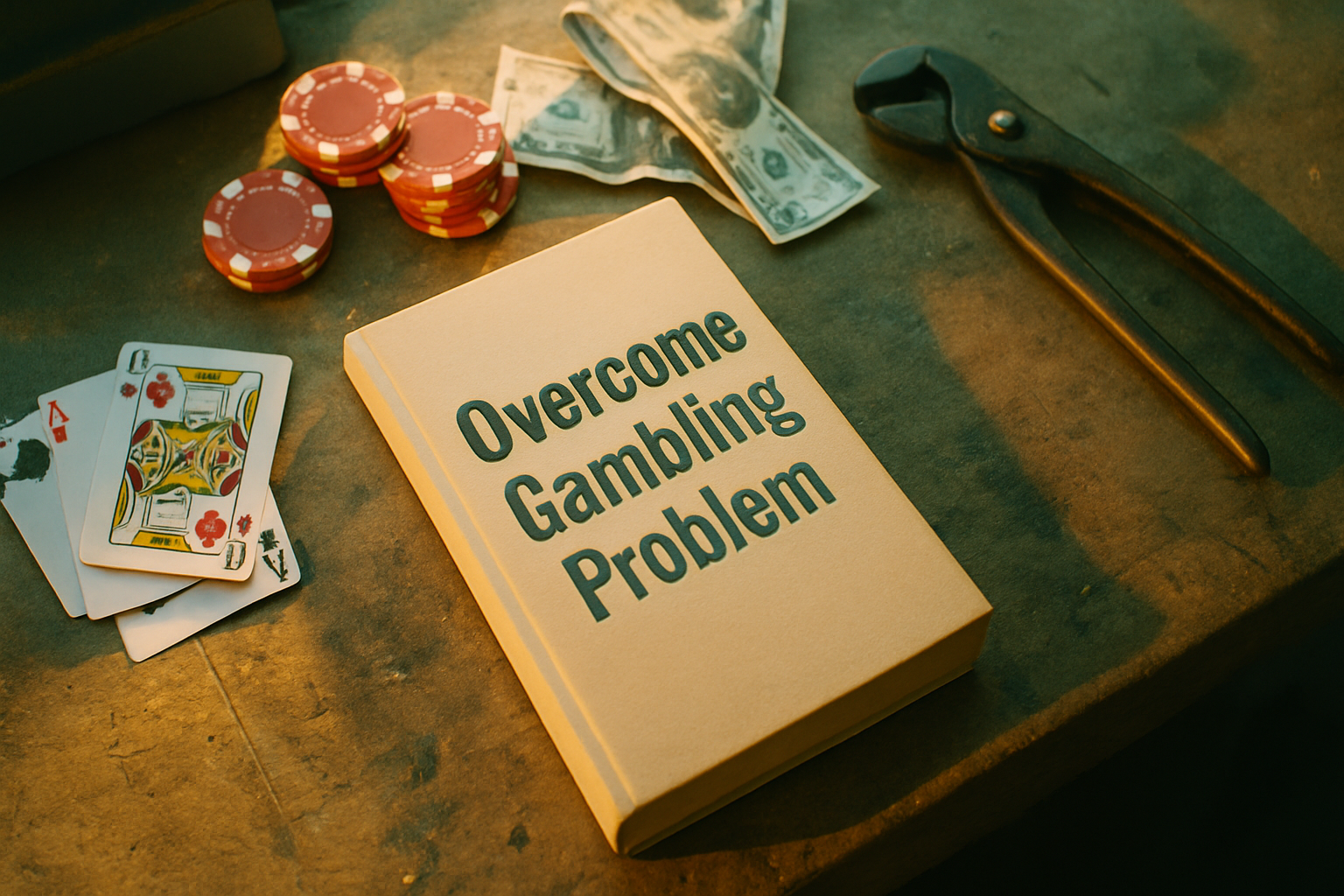As someone who values responsible gaming practices, I understand the significance of self-exclusion programs in promoting a healthy relationship with gambling. Taking a break from gambling through self-exclusion can be a crucial step towards regaining control and making informed decisions.
In this article, I’ll delve into the importance of self-exclusion programs and how they can provide individuals with a supportive framework to address gambling-related concerns proactively. Self-exclusion programs offer a structured approach for individuals to limit their access to gambling activities, empowering them to prioritize their well-being.
By voluntarily excluding oneself from casinos, online platforms, or other gambling venues, individuals can break the cycle of compulsive gambling behaviors and seek assistance without stigma. Through my exploration, I aim to shed light on the benefits of self-exclusion programs and encourage a proactive approach to managing gambling habits for a healthier lifestyle.
Understanding Self-Exclusion Programs
Exploring the concept of self-exclusion programs, I delve into the structured approach these initiatives offer for individuals looking to limit their exposure to gambling activities. Self-exclusion programs empower participants to take charge of their well-being by proactively managing their gambling habits.
By breaking the patterns of compulsive gambling, these programs pave the way for a healthier lifestyle centered around responsible gaming practices.
Benefits of Self-Exclusion
Self-exclusion programs offer several benefits that can significantly impact individuals struggling with compulsive gambling habits. Here are some key advantages:
Limiting Problem Gambling
Self-exclusion programs serve as a crucial tool in limiting problem gambling by providing individuals with a proactive mechanism to control their gambling impulses. By voluntarily restricting access to gambling venues or online platforms, participants can break the cycle of compulsive behavior and prevent further financial harm.
Encouraging Responsible Behavior
Participating in self-exclusion programs encourages responsible behavior by promoting self-awareness and accountability. Individuals taking this step demonstrate a commitment to addressing their gambling issues and prioritizing their well-being.
By acknowledging the need for intervention, participants empower themselves to make positive changes and cultivate healthier habits.
How Self-Exclusion Programs Work
Self-exclusion programs are structured to empower individuals to take control of their gambling habits effectively. They offer a proactive approach to limit access to gambling activities, aiding in prioritizing well-being and breaking the cycle of compulsive gambling.
Registration Process
Signing up for a self-exclusion program is typically a straightforward process. Individuals interested in participating can register either online on dedicated platforms or in person at physical gambling venues.
During registration, participants provide necessary personal information and choose the duration of their self-exclusion period, tailoring the program to their specific needs.
Duration and Conditions
The duration of a self-exclusion period can vary based on individual preferences, ranging from months to years. Participants commit to abiding by the conditions set forth by the program, which may include restrictions on entering specific gambling establishments or accessing online gambling platforms.
By adhering to these conditions, individuals actively engage in promoting responsible behavior and establishing healthier habits.
Effectiveness of Self-Exclusion Programs
Exploring the effectiveness of self-exclusion programs reveals their significant impact on promoting responsible gambling behaviors and providing a structured approach for individuals to address their gambling habits proactively.
By voluntarily limiting access to gambling venues or online platforms, participants in these programs equip themselves with a practical tool to combat problem gambling. Engaging in self-exclusion not only breaks the cycle of compulsive gambling but also serves as a preventive measure against further financial harm.
Through this proactive mechanism, individuals can regain control over their gambling behaviors and promote self-awareness and accountability, fostering responsible decision-making. The structured nature of self-exclusion programs empowers individuals to take charge of their gambling habits by offering a straightforward registration process.
Participants can easily sign up either online or in person, providing necessary personal details and selecting the duration of their self-exclusion period. Adherence to specific conditions, such as refraining from entering gambling establishments or accessing online platforms, is essential to promoting responsible behavior and cultivating healthier habits.
The effectiveness of self-exclusion programs lies in their ability to empower individuals to acknowledge and address their gambling issues actively. By incorporating self-exclusion as a part of their responsible gaming practices, individuals can work towards a healthier lifestyle and ensure a more controlled approach to gambling activities.
Barriers and Challenges
Navigating through the process of self-exclusion programs may present individuals with certain barriers and challenges. Understanding and addressing these obstacles is crucial to promoting successful engagement with these initiatives and fostering responsible gaming practices.
- Lack of Awareness: One significant barrier to the effective implementation of self-exclusion programs is the lack of awareness among individuals about the existence and benefits of these initiatives. Without proper education and promotion, individuals struggling with compulsive gambling may not realize the option of self-exclusion as a tool for managing their behavior.
- Accessibility Issues: Some individuals may face challenges in accessing self-exclusion programs due to limited availability of resources or support in their geographic location. This lack of accessibility can hinder individuals from seeking help and participating in structured self-exclusion processes.
- Social Stigma: The stigma associated with admitting to a gambling problem and engaging in self-exclusion can act as a barrier for individuals seeking assistance. Fear of judgment or negative perceptions from others may deter individuals from taking the necessary steps to address their gambling habits through self-exclusion programs.
- Compliance and Monitoring: Maintaining compliance with the restrictions set during the self-exclusion period can be a challenge for some individuals. Monitoring one’s own behavior and resisting the temptation to engage in gambling activities require a high level of self-discipline, which may pose difficulties for those struggling with compulsive behaviors.
- Psychological Barriers: Overcoming the psychological barriers associated with compulsive gambling and seeking help through self-exclusion programs can be daunting for individuals. Issues such as denial, lack of self-efficacy, or internal conflicts may impede the willingness of individuals to acknowledge their gambling issues and proactively participate in self-exclusion.
- Reluctance to Change: Resistance to change and a reluctance to break familiar patterns of behavior can also serve as barriers to engaging with self-exclusion programs. Individuals may find it challenging to step out of their comfort zones and embrace the necessary changes to address their gambling habits effectively.
Addressing these barriers and challenges through support, education, and tailored interventions can enhance the effectiveness of self-exclusion programs and empower individuals to take control of their gambling behaviors for a healthier and more responsible approach to gaming.





